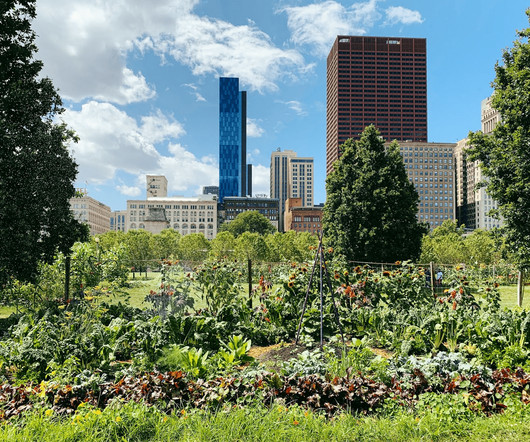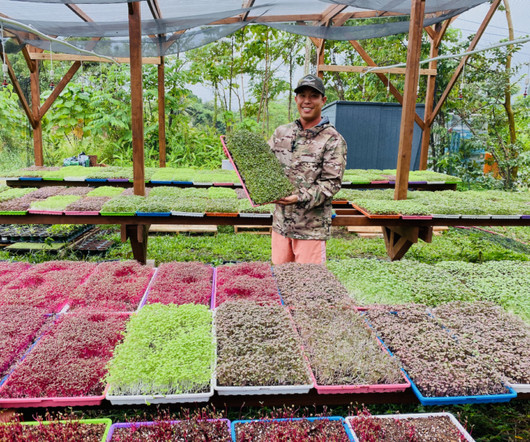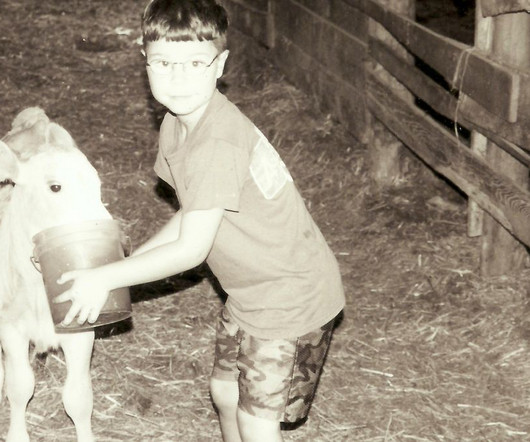Rurbanization: It's Time To Make Cities More Rural
Agritecture Blog
NOVEMBER 25, 2022
Better municipal composting programs could also provide urban farmers with mulch so they don’t have to rely on synthetic fertilizers, which are terrible for the environment. Obliterating asphalt and planting seeds would transform cities from car-centric to people-centric systems.











Let's personalize your content